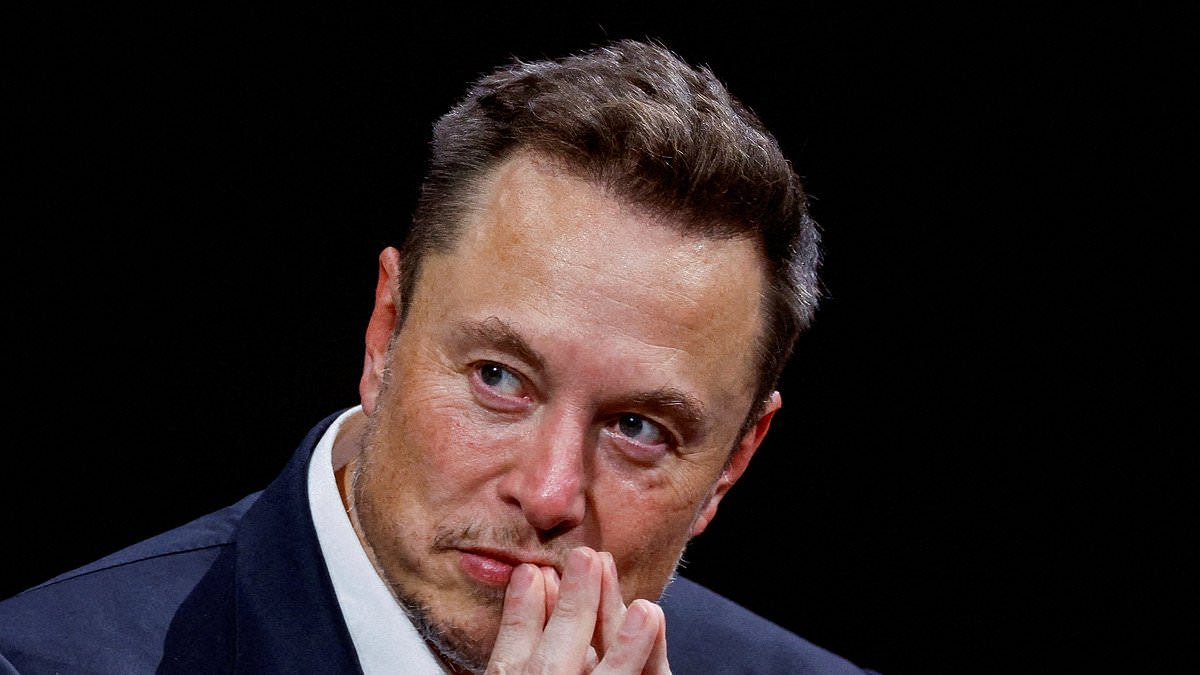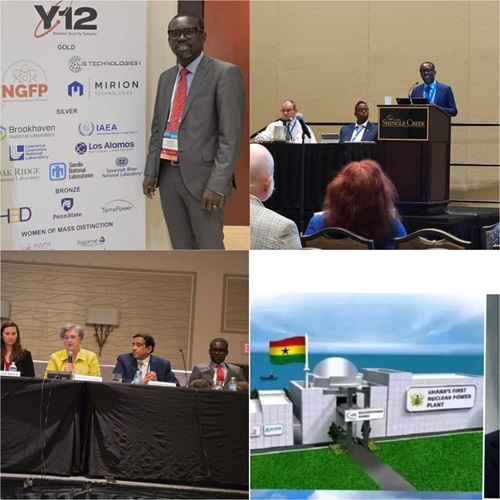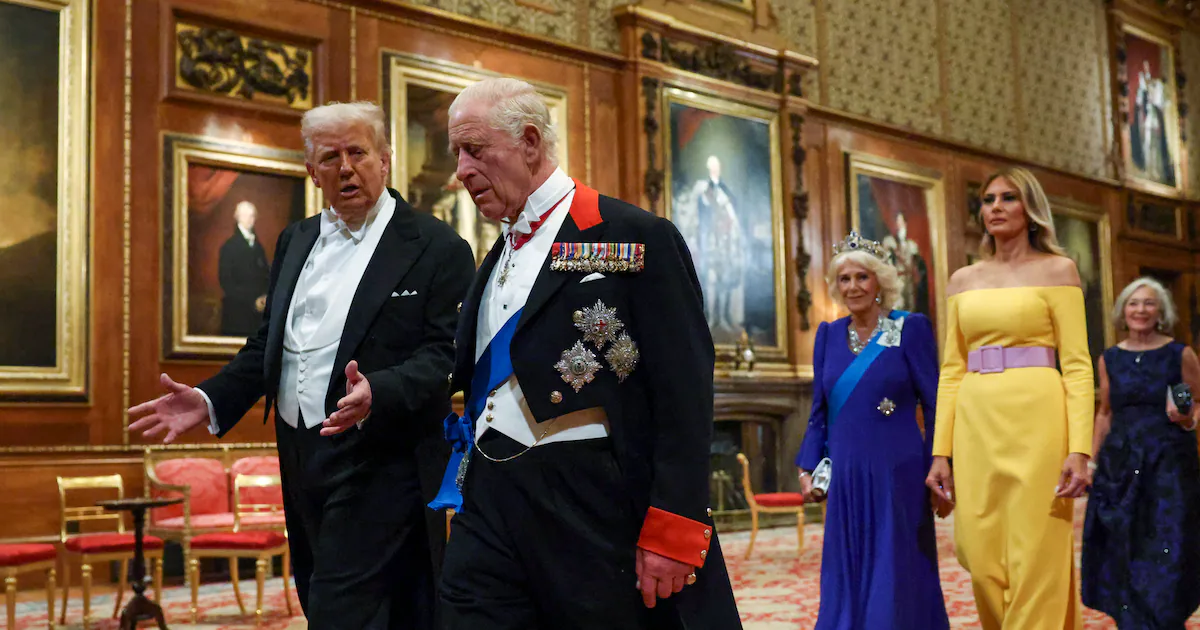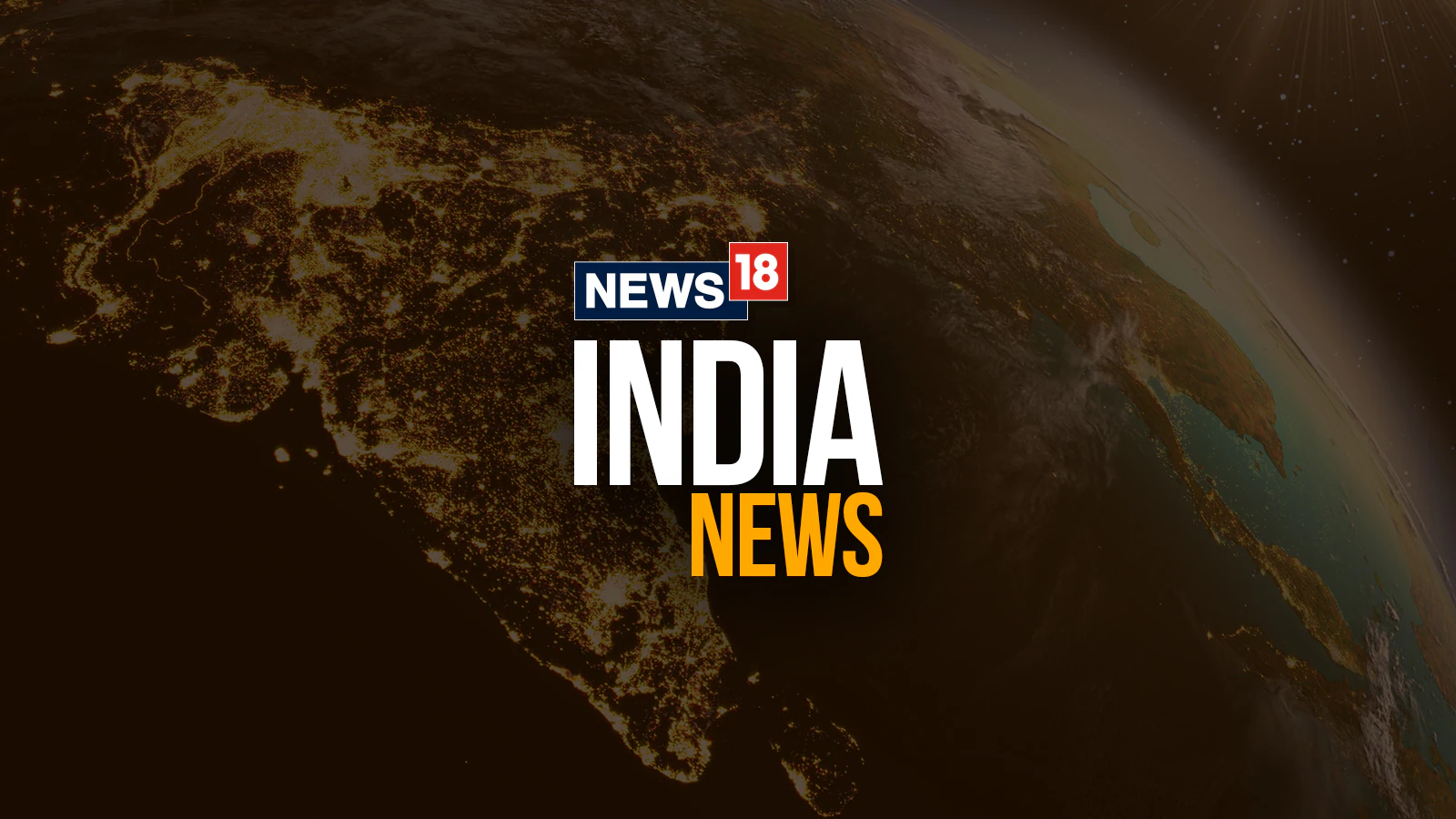By Editor,Hamish McRae
Copyright dailymail

What a strange business that state visit by Donald Trump was. On the one hand it was a success – less the fine words but the prospect of decent co-operation between the US high-tech giants and this country.
We can’t see any of the detail of the US-UK Technology Prosperity Deal and I’m always suspicious about high-profile agreements trumpeted by politicians, because they often turn out to be damp squibs.
So while we should take with a pinch of salt our Prime Minister’s comment that this ‘is the biggest investment package of its kind in British history by a country mile’, it does look like the US high-tech enterprises will use Britain as their main base in Europe.
They probably would have done so anyway, for language and culture make us a natural fit.
That’s why, after the ‘big bang’ financial reforms of 1986, US banks chose to make the City their European hub. This is not nearly as important as that, but if at the margin this hurries along our growth in artificial intelligence and all the other elements encompassed by the agreement, it deserves a welcome.
On the other hand we have to acknowledge that the UK is becoming more and more a client state of the US. You can see that on the surface. We rolled out the full show for Donald Trump, and rightly so because the relationship with the US is crucial and flattery costs nothing.
But it’s difficult not to be aware of the unequal nature of our partnership. American enterprise dominates the world. We’re not even in the game. Nearly all those US companies promising to invest in the UK have been created by the people who lead the Bloomberg Billionaires’ Index.
Elon Musk is back at the top, ahead of Larry Ellison. Then you’ve got Mark Zuckerberg, Jeff Bezos, Larry Page, Sergey Brin and so on. It’s Tesla, Oracle, Facebook, Amazon, Google…
In fact nine out of the top ten richest people on that list are Americans who made their money in technology. The odd man out, at number eight, is Bernard Arnault, who heads the French luxury group, LVMH. (In case you’re wondering, Trump and family only recently graduated to the Bloomberg top 500, coming in at number 478 with an estimated £5.75 billion of wealth.)
Here’s another thing. The richest Britons are not rich by world standards. There is not a single one in the top 100. The list is, as expected, dominated by the US.
But look down and there are a lot of Chinese and Indians, and then the great variety of nations, some in European countries such as France, Germany and Italy, but many from what may seem surprising places – Mexico, Nigeria and Indonesia.
Our two wealthiest billionaires are Sir James Dyson, at 130, and Sir Jim Ratcliffe (hardly the UK’s biggest cheerleader currently) down at 177. This is extraordinary. The UK is the world’s sixth largest economy, but only has two billionaires in the top 200.
We are a total outlier. What does this say about our attitude to wealth, and ability to generate it?
This is not particularly an attack on our present Government, though Ministers should ask themselves whether they are being very bright in having tax policies that are leading to an exodus of wealthy people.
The issue goes beyond the inadequacies of our present leaders and the inexperienced people advising them. It is that if we want economic growth and a wider role in developing cutting-edge technologies, we have to go to foreign billionaires, accept whatever deals they offer us – and then sound grateful.
It’s frustrating because there is so much talent in the UK, talent the US high-tech giants want to tap into. And it is especially troubling because we know the big decisions will be taken elsewhere.
We will get a decent slice of whatever cake the Technology Prosperity Deal cooks up, and that is welcome.
But we have to be honest and ask ourselves whether, if we had more homegrown top-end billionaires, those decisions would be taken here, rather than on the other side of the pond.



